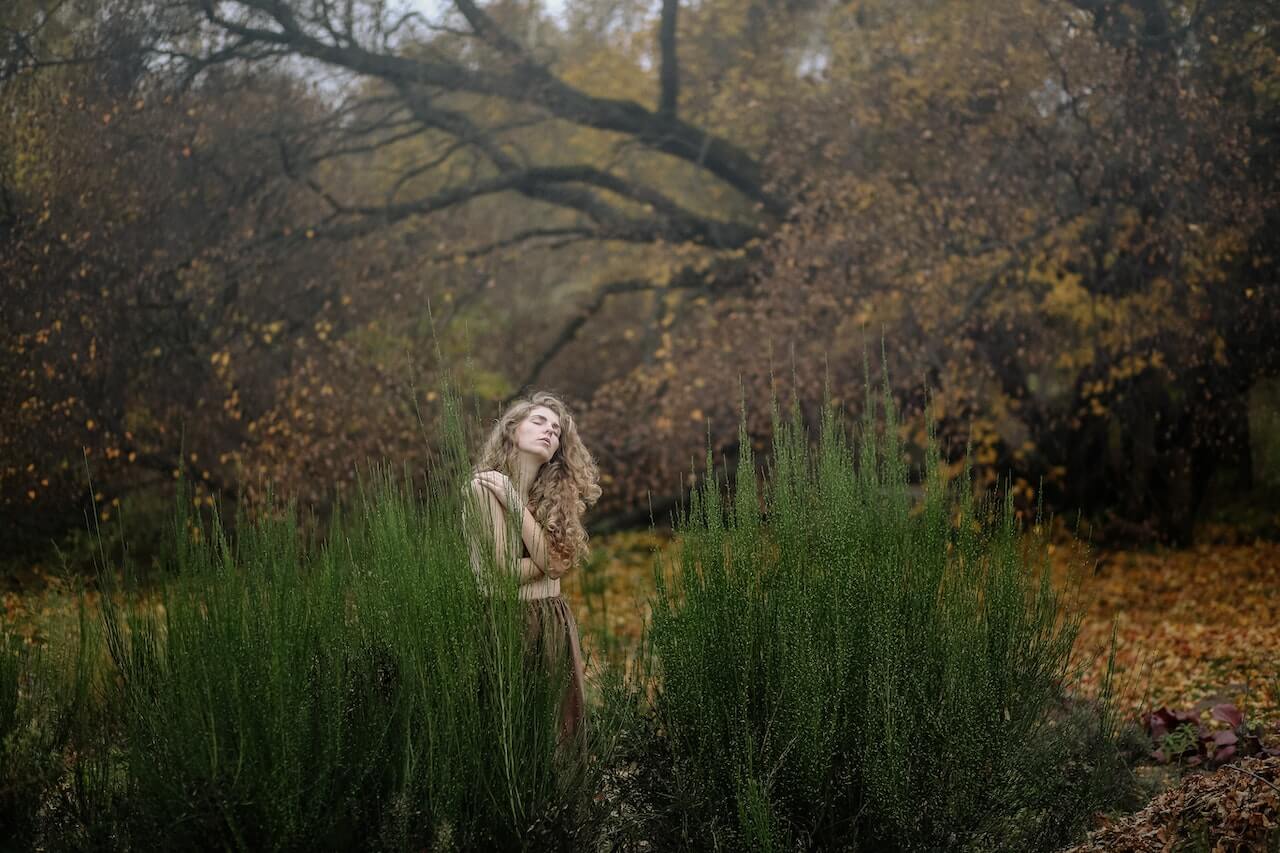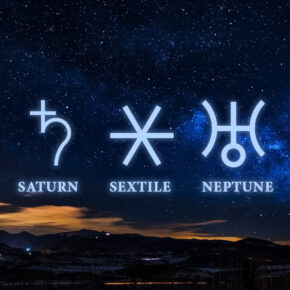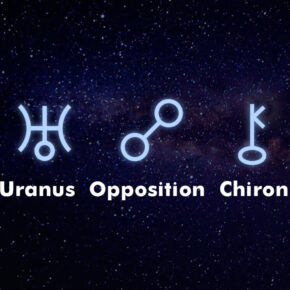If you’re unfamiliar with the term ecosexuality, it might catch you off guard, but not nearly as much as it would have a few years ago. In our current modern yet wild world, there are countless genders and orientations, which means we’re not easily surprised anymore.
Nevertheless, ecosexuality warrants further consideration as it remains misunderstood by many, and the distinction between genuine love or attraction and perversion remains unclear to some. Here are my thoughts and subjective viewpoints. Your agreement or disagreement is completely acceptable!
What Is Ecosexuality
As the name suggests, Ecosexuality refers to a form of sexuality where individuals feel a deep emotional and sexual connection to nature. It may sound unconventional, but for those who identify as an ecosexual, nature is not just something to be admired or appreciated from a distance; it becomes an active participant in their intimate lives.
The origins of ecosexuality can be traced back to the early 2000s when Annie Sprinkle and Beth Stephens, both performance artists and activists, started exploring the intersection of ecology and sexuality. They coined the term “ecosexuality” as a way to express their love and appreciation for the Earth in a more intimate and sensual way.
Sprinkle and Stephens organized various art performances and events that celebrated nature, such as “ecosexual weddings,” where they would marry a body of water or a tree. These performances aimed to challenge the traditional view of nature as something separate from us and instead encouraged a more holistic and interconnected relationship with the environment.
Although it’s not entirely unheard of to marry a tree or a water stream (there have been instances of people getting married to a plane or a plastic doll), it’s still a bit disconnected from reality, don’t you think?
It’s Not Just About Nature’s Beauty
Ecosexuality goes beyond a mere appreciation for nature’s beauty and instead embraces a more holistic approach to our relationship with the natural world. Ecosexuals view nature as a lover, a partner, and even as a source of pleasure.
For some ecosexuals, this connection to nature may manifest in various ways. They may engage in activities such as hugging trees, rolling in the grass, or even making love outdoors. These acts are seen as not only sensual but also as a way to express love and gratitude towards the Earth. It is a form of intimacy that extends beyond human-to-human relationships and encompasses the entire ecosystem.

I personally fail to understand why engaging in such actions would be considered an effective means of expressing appreciation toward nature and the environment. I personally see greater worth in engaging in activities like planting trees or saving small animals rather than simply doing things that are typically done privately.
Environmental Activism
But ecosexuality is not solely about physical acts or sexual desires. It is also deeply rooted in environmental activism and sustainability. Many ecosexuals see their sexuality as a way to advocate for environmental causes. They believe that by nurturing their connection with nature, they can inspire others to do the same and create a more sustainable future.
Many ecosexuals often view themselves as Earth lovers or even “Earth activists” who strive to protect and preserve the environment. Once again, I fail to understand how engaging in intimate or private activities in natural surroundings contributes positively to the environment or nature!
There’s A Very Thin Line Between Illusion And Reality
Initially, when the concept of ecosexuality came to my attention, I couldn’t help but view it with skepticism. However, my perception shifted as I delved into genuine stories of individuals who proudly identified as ecosexuals and openly discussed their experiences.
Ecosexuality is indeed a legitimate concept that can be challenging to discuss openly. The reason for this difficulty stems from the varying definitions people assign to it. For some, it is akin to a passion for nature, similar to how someone might love animals or cars. However, others view it as an intense emotional and physical connection to nature, which, in my personal viewpoint, seems unconventional and detached from reality.
Indeed, it is perfectly acceptable to connect with nature and indulge in tranquility by sitting beneath a majestic tree, sipping on a glass of wine, and listening to the sweet melodies of chirping birds. However, when someone takes off their clothes and frolics in a vegetable patch (see Twitter above,) this behavior crosses the line into perversion – an action that is completely at odds with the norms of reality.
My Final Thoughts
Wouldn’t it be better to stop labeling things and people altogether and embrace nature with a simplistic mindset? Instead of crawling naked through flower beds and licking leaves, wouldn’t it be more rewarding to contribute to the environment by planting trees or providing food and water sources for forest animals?
Denisa








